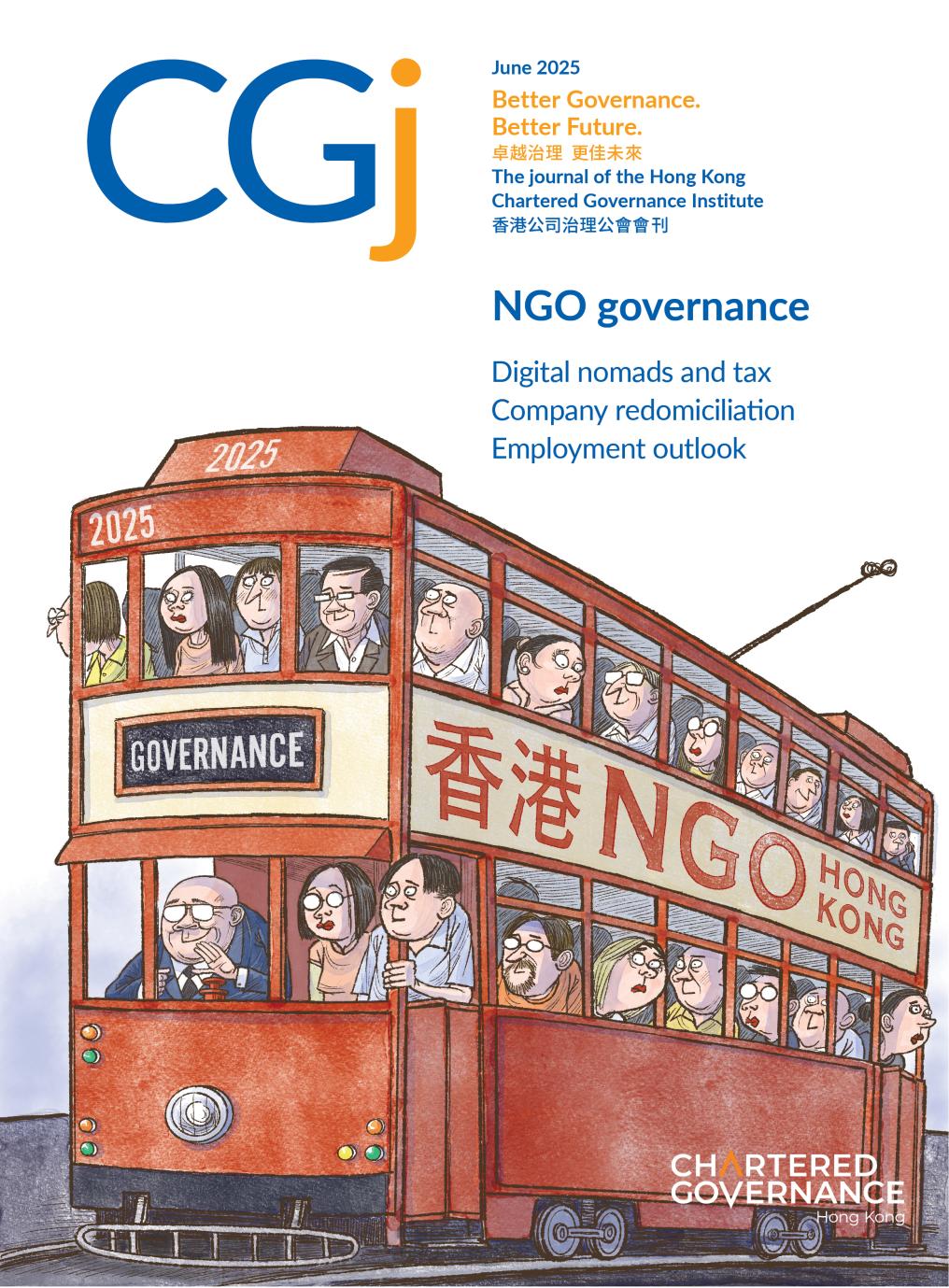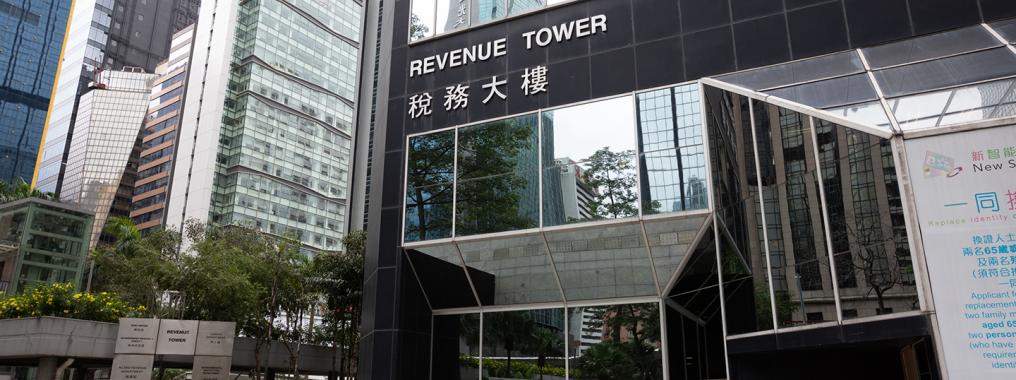
NGO governance
I would like to thank everyone who contributed to our 26th Annual Corporate and Regulatory Update (ACRU) held earlier this month. Once again, this forum attracted a massive turnout and has shown the value of hosting a direct dialogue between regulators and market participants about the top corporate and regulatory issues of the day. Our Institute is very grateful to everyone who devoted time and energy, particularly at this busy time of year, to making the event a success.
Next month’s CGj will provide you with a full review of ACRU 2025, but this month we explore the challenges faced by non-governmental organisations (NGOs) in Hong Kong. NGOs play a vital role in society through their advocacy and services, but both locally and globally they have had to adapt to an increasingly tough external environment in recent years. Barely have the challenges of the pandemic receded from view before new challenges have arisen – particularly in terms of the current funding crisis among non-profits.
Our cover story this month points out that NGOs in Hong Kong operate in an environment of increased scrutiny and expectations from stakeholders, without the assurances that a formal charity commission or a comprehensive charity governance code might provide. Institutions, including our own Institute, have been active in promoting best practices in this sector, but marked differences still exist in the degree to which NGOs have implemented sound governance frameworks.
In these circumstances, the role of governance professionals working for NGOs takes on added significance, and not only in relation to our work in ensuring compliance with legal and regulatory requirements. Our board support work – assisting in the formation of a competent and diverse board of directors, as well as keeping the board informed of relevant issues – is all the more important in the context where NGO directors work on a voluntary basis. Members of our profession also bring considerable value by ensuring that NGOs have well-defined strategies on a range of other governance issues. This includes our work building and maintaining strong internal controls relating to transparency, accountability and integrity. These internal controls lay the groundwork for NGOs’ long-term success and sustainability in serving the local community.
Lastly, our cover story emphasises that, while the current landscape for NGOs might seem quite bleak, there is good news. Technology, for example, has significantly brought down the cost of enhancing transparency and engaging with stakeholders. It has also brought down the cost of enhancing governance competencies. Advanced analytics, for example, improves the capacity of the board and management to stay informed about risks and opportunities. These cost savings are particularly material in the NGO sector where limited funding, and the need to demonstrate maximum efficiency in using donor funds, sometimes results in governance being marginalised.
To conclude, NGOs operating in Hong Kong need to overcome the trust deficit that results from the absence of a formal regulatory structure in this sector. In this context, governance should not be left to chance and the work of members of our profession in building governance competencies is all the more crucial.


